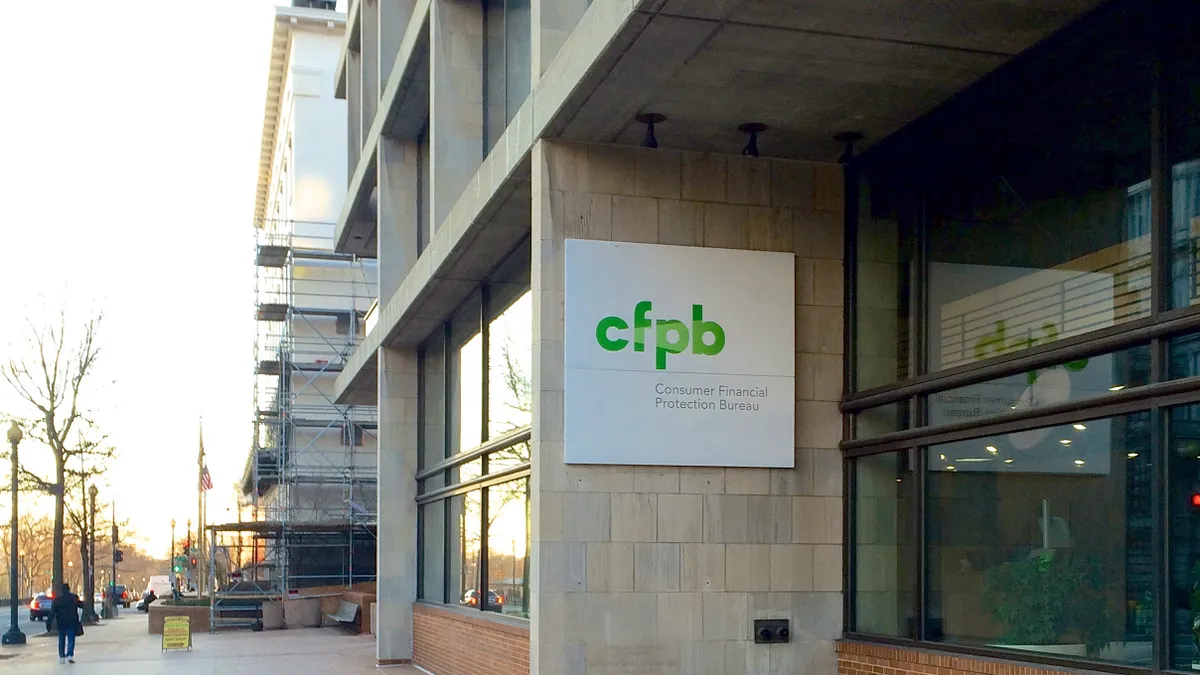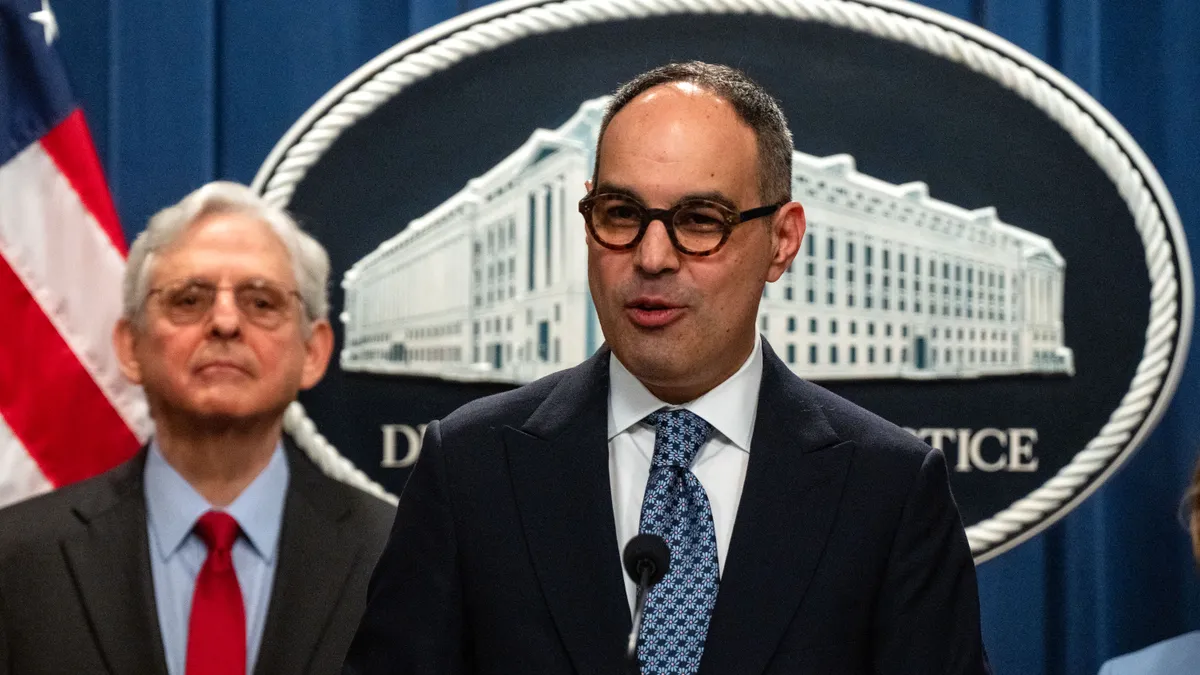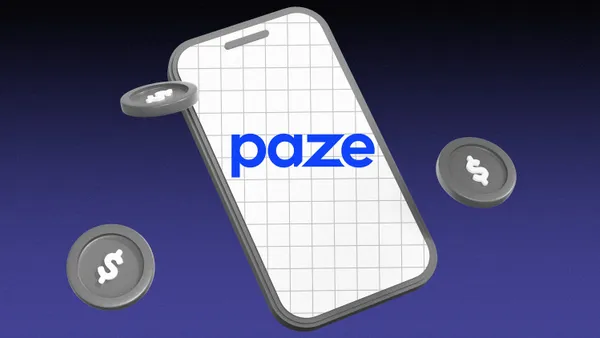Brian Tate is chief executive officer of the trade group Innovative Payments Association, based in Washington, D.C.
The landscape of financial regulation is often fraught with unintended consequences. A prime example is the Consumer Financial Protection Bureau's Prepaid Account Final Rule, which went into effect in 2019.
This rule was designed to regulate prepaid cards, mobile wallets, and peer-to-peer payments, but its impact has been far-reaching and overly burdensome.
Over the past decade, the Innovative Payments Association has consistently advocated for a regulatory framework that balances consumer protection with innovation in the financial services sector, and the IPA has been closely monitoring the impact of this rule.

It is clear to us, that while well-intentioned, the CFPB's approach to regulating our products and services raises significant concerns.
First, the rule is too complex and discourages innovation. Spanning a staggering nearly 1,700 pages, the rule imposes onerous disclosure requirements that are inefficient and confusing, while offering marginal benefit to consumers. Moreover, the rule's broad scope, encompassing prepaid cards, mobile wallets, and P2P payments, has stifled the growth of fintech solutions.
The IPA's concerns are not unfounded. In a recent legal challenge brought by PayPal against the CFPB, federal judge Richard Leon sided with the company, highlighting flaws in the rule's disclosure regime, particularly as it applies to digital wallets. This decision once again underscores the need to reevaluate the rule's effectiveness and its alignment with the rapidly evolving landscape of financial technology.
Even if an appeals court reverses Leon’s decision, it is abundantly clear that the CFPB’s Prepaid Account Final Rule should be updated for all covered products.
The world has changed dramatically since the rule was originally conceived in 2012, before smart phones and financial technology helped Americans survive, and in some cases thrive, during the COVID-19 pandemic.
Prepaid cards and mobile wallets are no longer fringe products that consumers do not understand. These products, along with P2P and fintech debit accounts, are at the core of the mainstream “fintech” market and play a key role in helping the CFPB fulfill its mission to bring safe, efficient, and easily understood financial products to all Americans.
Recognizing that technology does not stand still, I am calling on the CFPB to acknowledge that parts of its nearly 1,700-page rule are now outdated or may have missed the mark.
Thus, the CFPB should reassess and update the Prepaid Account Final Rule in collaboration with industry stakeholders.
At a minimum, the agency should streamline the disclosure requirements for all covered products to ensure that consumers and providers easily understand them. Now is the time for proactive engagement and constructive dialogue to pave the way for a more inclusive and dynamic financial marketplace.













